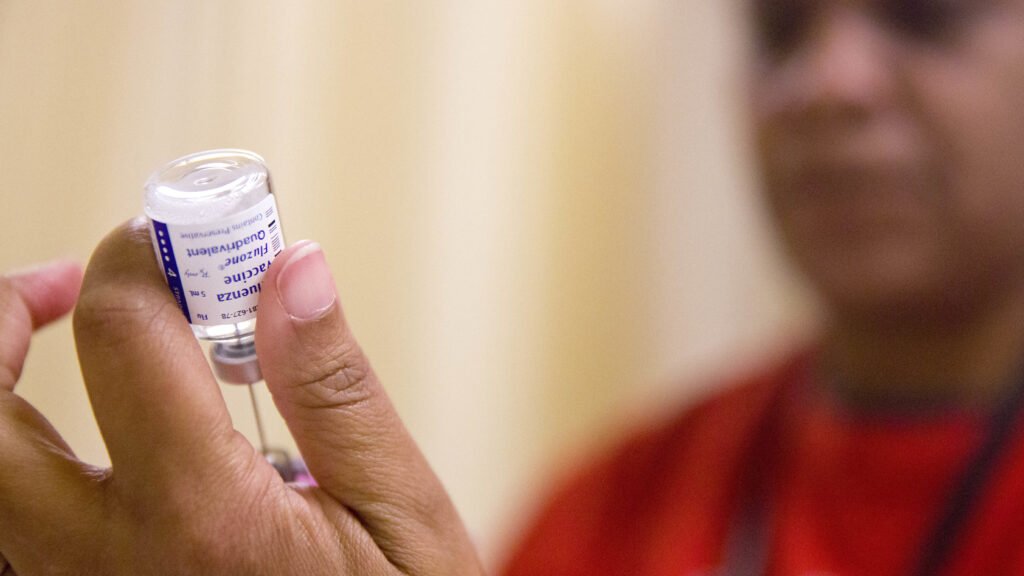In a recent development, a federal vaccine advisory panel, now stacked with handpicked members by health secretary Robert F. Kennedy Jr., has recommended that Americans avoid flu vaccines containing the preservative thimerosal. This decision, influenced by new members’ concerns about safety issues related to thimerosal, goes against decades of research that have found no such issues.
Although only a small percentage of flu vaccine doses in the U.S. market contain thimerosal, the decision by the Advisory Committee on Immunization Practices may not have a significant impact on the general population. Approximately 4% of flu doses are packaged in multi-dose vials with thimerosal to prevent contamination during withdrawal of doses.
However, this move serves as a victory for Kennedy, a well-known vaccine critic, who has shown his anti-vaccine supporters that he is willing to address their concerns. The decision could also raise doubts among the public about the safety of flu vaccines and vaccines in general, potentially leading to a further decline in vaccine uptake.
Vaccine uptake has already decreased since the Covid-19 pandemic, with less than half of eligible Americans receiving a flu shot last winter. The rates among specific groups, such as children and pregnant individuals, were even lower. Experts warn that discouraging vaccine uptake could have serious public health consequences.
Kennedy recently dismissed all 17 members of the previous ACIP panel and replaced them with new members lacking expertise in vaccines. During the committee’s recent meeting, concerns were raised about the high number of pediatric deaths during the 2024-2025 flu season, with one member downplaying the severity of the situation.
The new committee voted in favor of recommendations that children, teenagers, pregnant individuals, and adults should only receive thimerosal-free flu vaccines. However, one dissenting member argued that the scientific data does not support the need for such restrictions and raised concerns about potential vaccine shortages.
The decision on thimerosal-containing vaccines must be approved by the CDC director or the health secretary to become official policy. Thimerosal is not used in pediatric vaccines and was phased out of children’s vaccines over two decades ago due to unfounded autism concerns.
Representatives from medical organizations participating in the ACIP meetings disagreed with the need for these recommendations, citing solid scientific evidence. The recent session deviated from the normal procedure, with CDC staff members not allowed to present their evidence, leading to a controversial presentation by a former anti-vaccine group president.
In response to criticism, the new committee co-chair defended the decision to include diverse perspectives in discussions, indicating that more sessions with non-traditional viewpoints may occur in the future. This controversial decision highlights the ongoing debate surrounding vaccine safety and efficacy.


